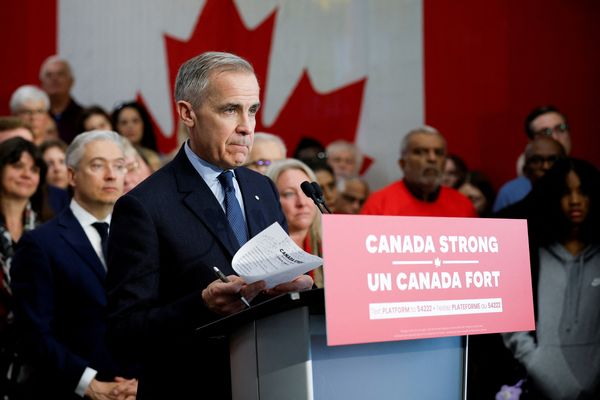
House Republicans are grappling with a significant challenge as they aim to extend and expand the tax cuts initiated during President Donald Trump's first term. The multitrillion-dollar cost of this endeavor has sparked a debate within the party on how to offset the expenses.
Despite projecting a united front during their annual retreat at a Trump-owned golf resort, Republicans are divided on the extent to which the cost of Trump's tax cut and border security package should be offset with spending cuts elsewhere. This internal discord could have far-reaching implications for taxpayers, the nation, and Trump's political agenda.
The GOP's Fiscal Divide
Fiscal hawks within the party are advocating for steep cuts to Medicaid spending and a comprehensive overhaul of government expenditures to address the nation's fiscal trajectory. However, other Republicans are cautious about drastic cuts and are seeking more detailed information before committing their support.
With a slim majority in the House, Republicans need near-unanimity to pass the legislation, as Democrats are expected to oppose it. The challenge lies in bridging the gap between differing views within the party.
Trump's Priorities and Cost
Extending the Trump tax cuts for the next decade is a priority for Republicans, but it comes with a hefty price tag. The Congressional Budget Office estimates that extending these tax cuts would add $4.6 trillion to federal deficits.
Trump's bill includes provisions such as excluding taxes on Social Security, overtime, and tips, increasing state and local tax deductions, and enhancing border security measures. The cumulative cost of these additions is expected to be substantial.
Speaker's Call for Flexibility
House Speaker Mike Johnson emphasized the need for flexibility on deficit reduction targets. He urged colleagues to view the proposed savings as a minimum goal rather than a maximum limit.
The aggressive timeline set by Johnson faces challenges, as a significant number of House Republicans did not attend the retreat. Gaining consensus on the proposed changes, particularly regarding Medicaid work requirements, remains a complex task.
Despite the hurdles, Republicans are engaged in a meticulous process to garner support for the legislative package. The party is navigating a diverse range of viewpoints within its ranks to find a consensus that aligns with their political objectives.







